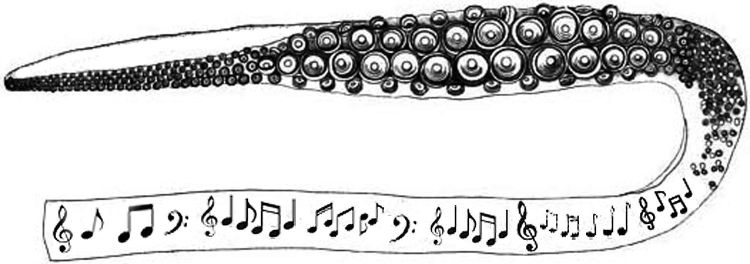Thursday 20 September 2012
No Man's Apprentice - Paul Dukas
Okay so Paul Dukas is a fairly well-known French composer, but let's be honest he only reaches that status after the umpteenth time we ask ourselves "who wrote the Sorcerer's Apprentice again? Oh that's right Dukas. I wonder what else he wrote."
Turns out, quite a lot. He was contemporary with Claude Debussy, studying with him at the Conservatoire in Paris, and a highly learned individual. He made his name not only as a composer but also as a conductor, critic and teacher (his students included Messian and Rodrigo). He also walked a middle ground at a time when most French composers were split in two extremes, an older classical movement like Saint-Saens and the more avant-garde like Debussy. Dukas liked both schools and both sides influenced music that was consequently decidedly his own but also on its own so more apt for getting a little bit lost.
Even during his lifetime The Sorcerer's Apprentice achieved such success he became known as the guy who wrote it. For that, he came to hate it apparently; somewhat like Radiohead becoming "the band that did Creep" in the early 90s and refusing to play it for years. It didn't help probably that he was his own worst critic and actually burnt most of his compositions - so who knows how much more great music there could have been in the repertoire?
His Symphony in C is a dramatic work in three movements - in the tradition of Franck's - and definitely one worth listening to. The andante is decidedly Swoon worthy in its opening too.
One of his other major works was the ballet La Peri. This starts out very quietly before the dancers actually appear, and so it was lost to the audience who were still chatting thinking nothing was happening yet. To save this lovely intro from such neglect Dukas wrote a Fanfare to be played before La Peri, nice and loud to shut everyone up. I love that. (Note the youtube link to the ballet includes the Fanfare played a bit slower to the video of it by itself).
He also has a Villanelle which seems to be quite popular with French Horn players, at least ones who comment on YouTube, and it does give that instrument some delightful phrases. There's an overture to Polyeucte, which is a play by Corneille one of the leading playwrights in the French "Golden Age" which is to say the same time as Shakespeare, Marlowe and Jonson etc over the Channel. So this is the equivalent of all the 'overtures' written for Shakespeare's plays, and easily as enticing as many of them with some beautiful reed instrumentation to lure you in.
In short, Dukas has a lot to offer in a number of modes. His piano sonata in e-flat seems quite popular too but I haven't tried it yet. I will though. Luckily Chandos has a double album, The Essential Paul Dukas, which has most of what I've mentioned here - not the Villanelle. It's on my ever-growing Wishlist on Classicsonline but I don't intend to wait too long before getting it.
Subscribe to:
Post Comments (Atom)


No comments:
Post a Comment